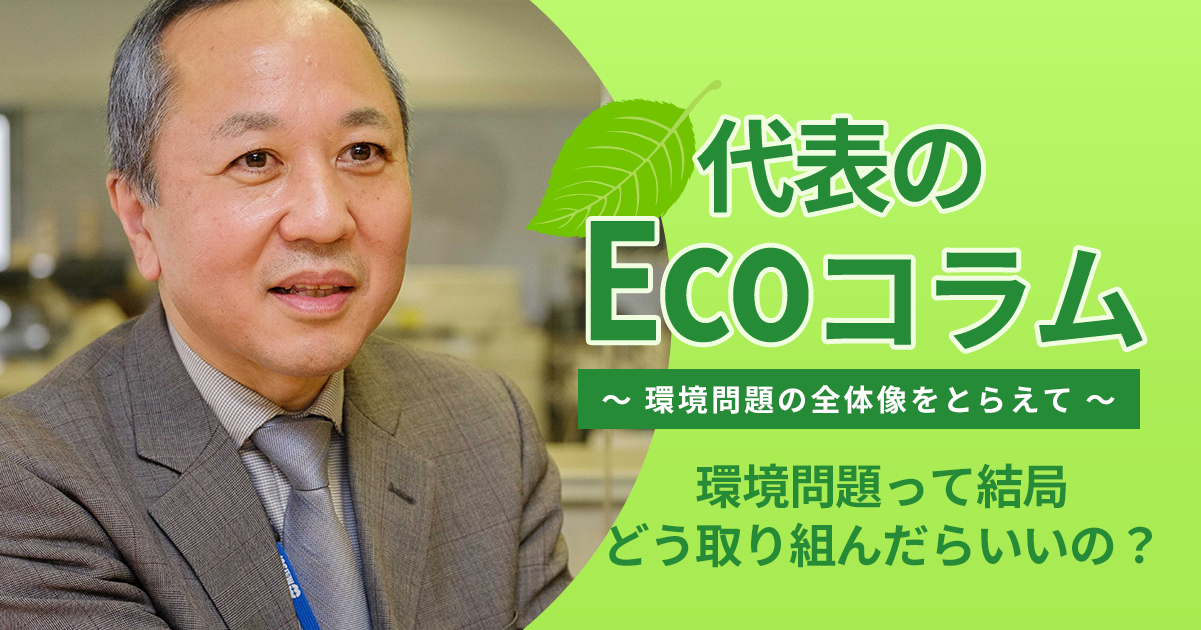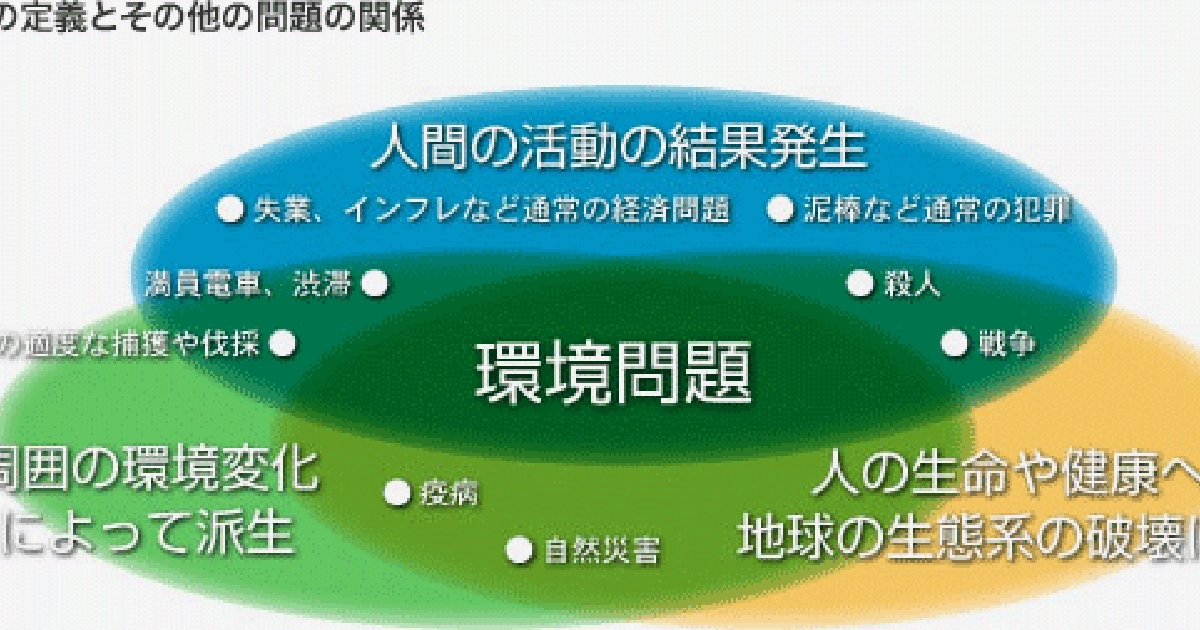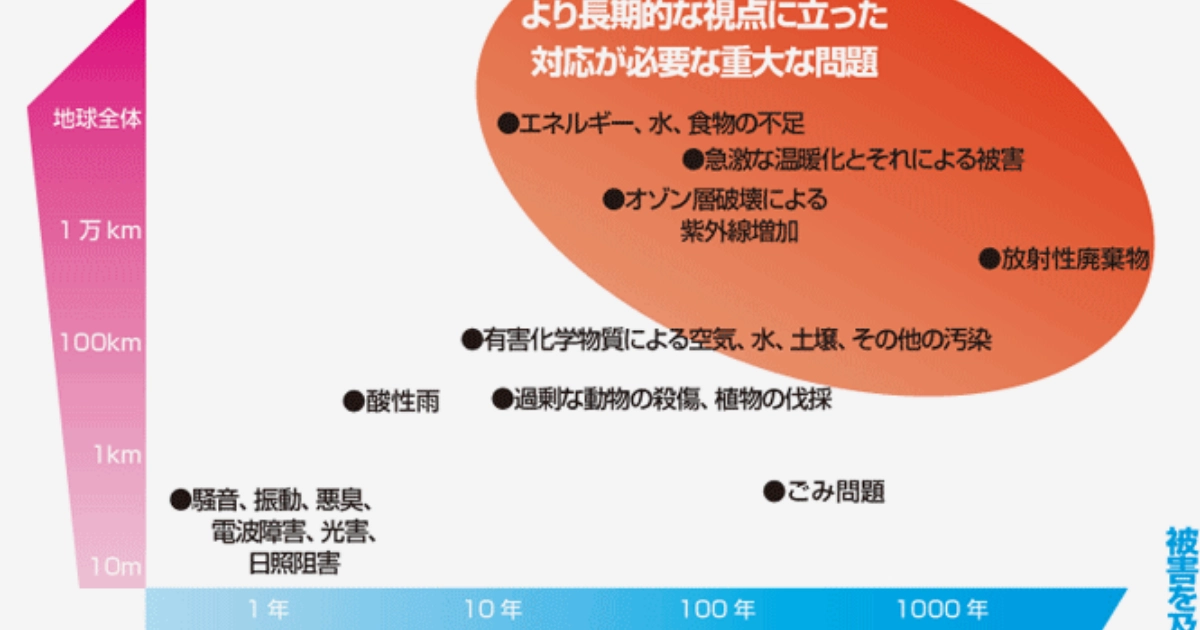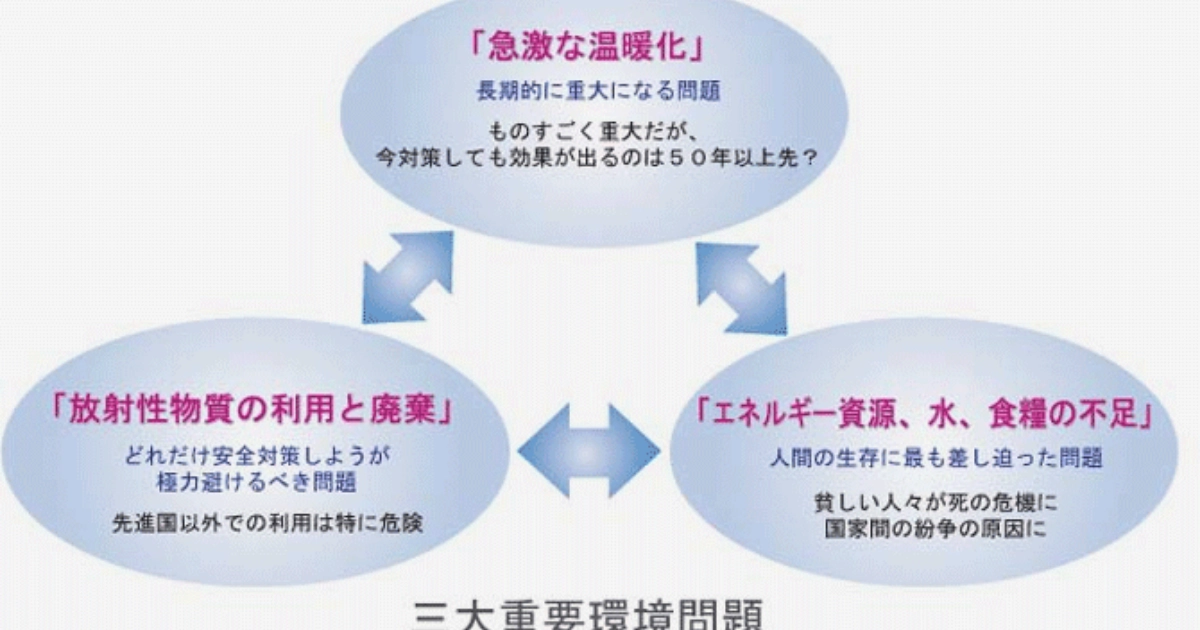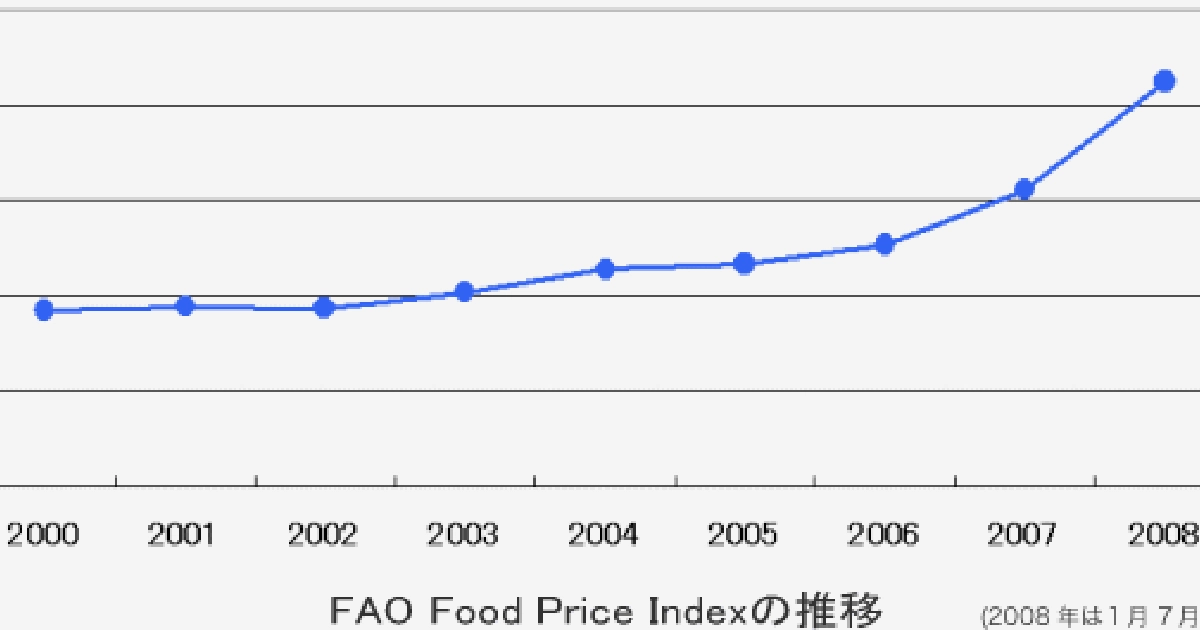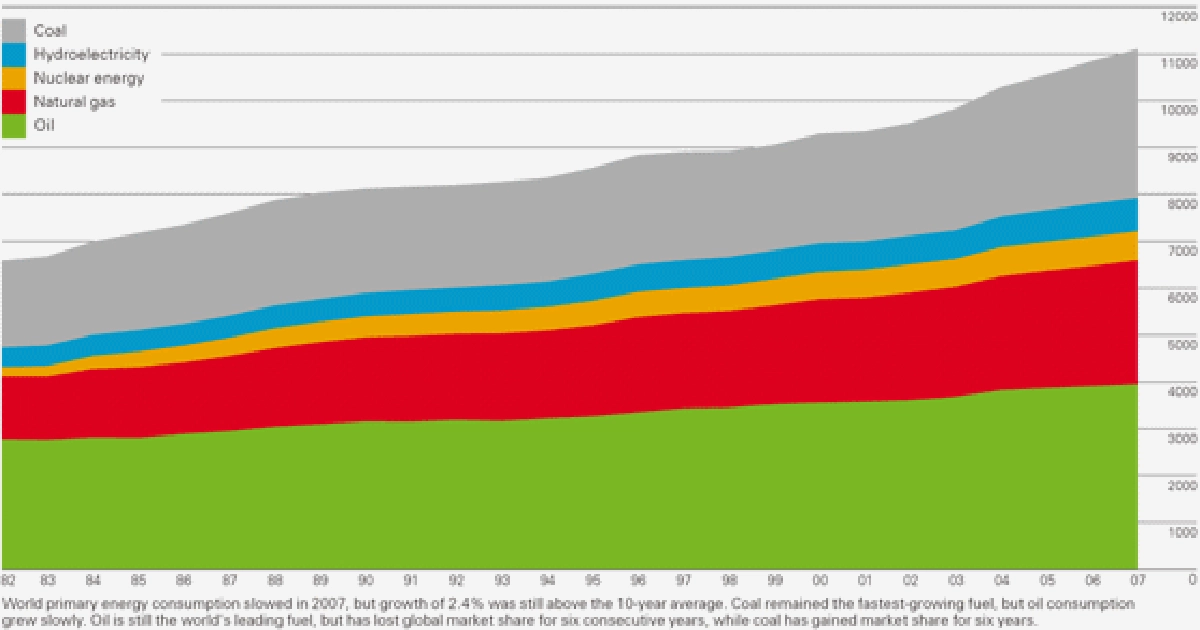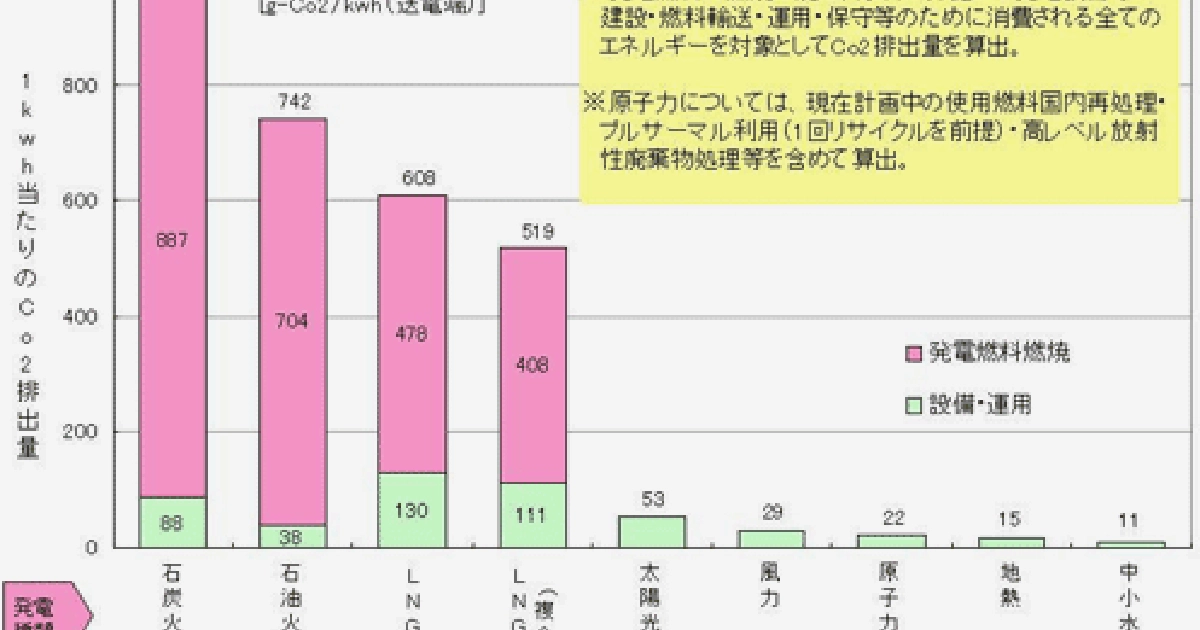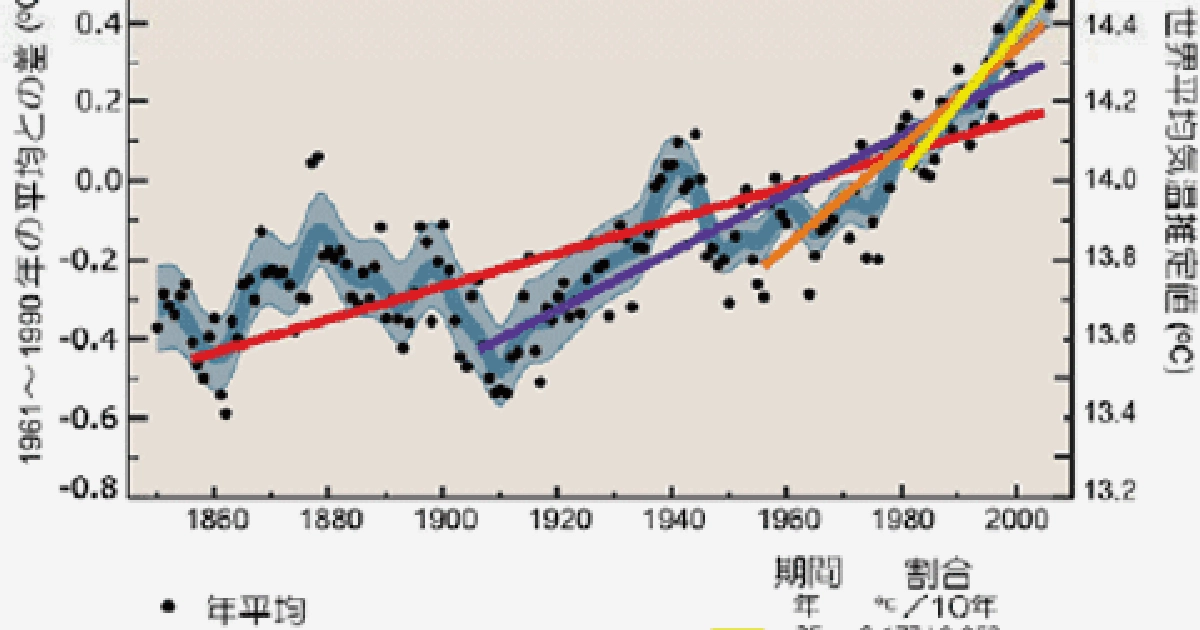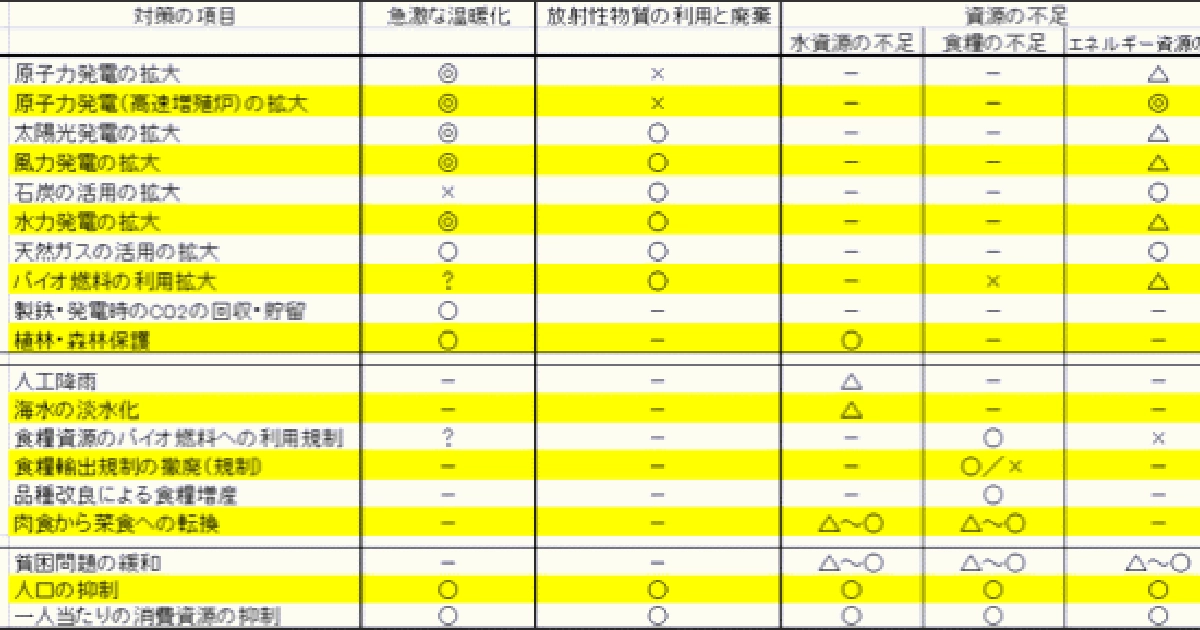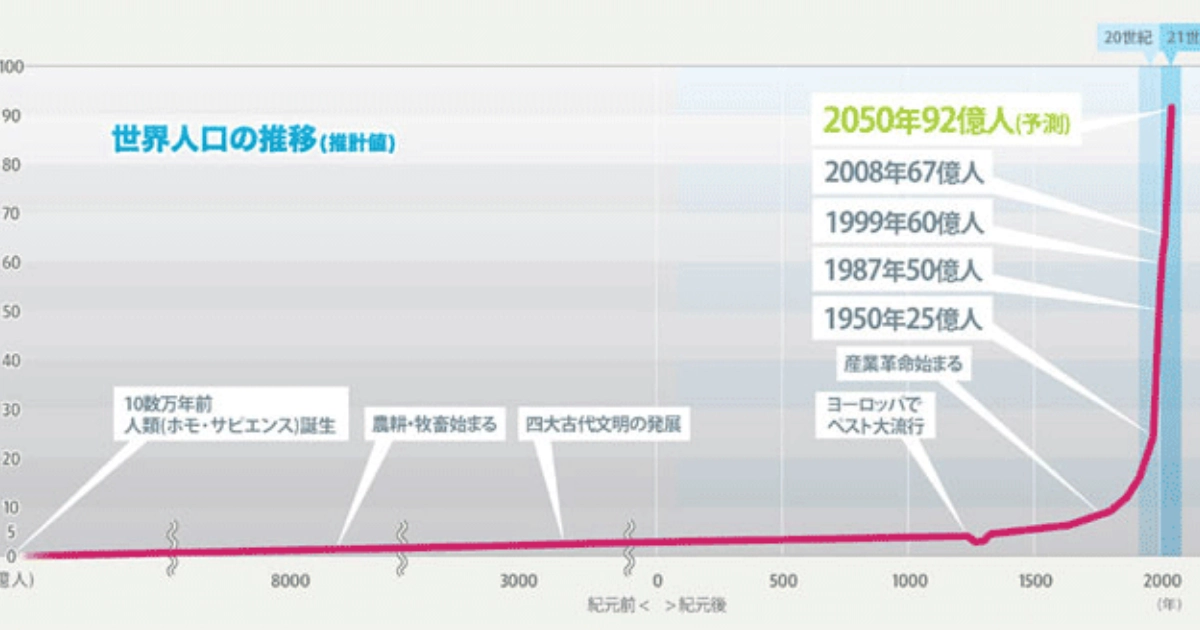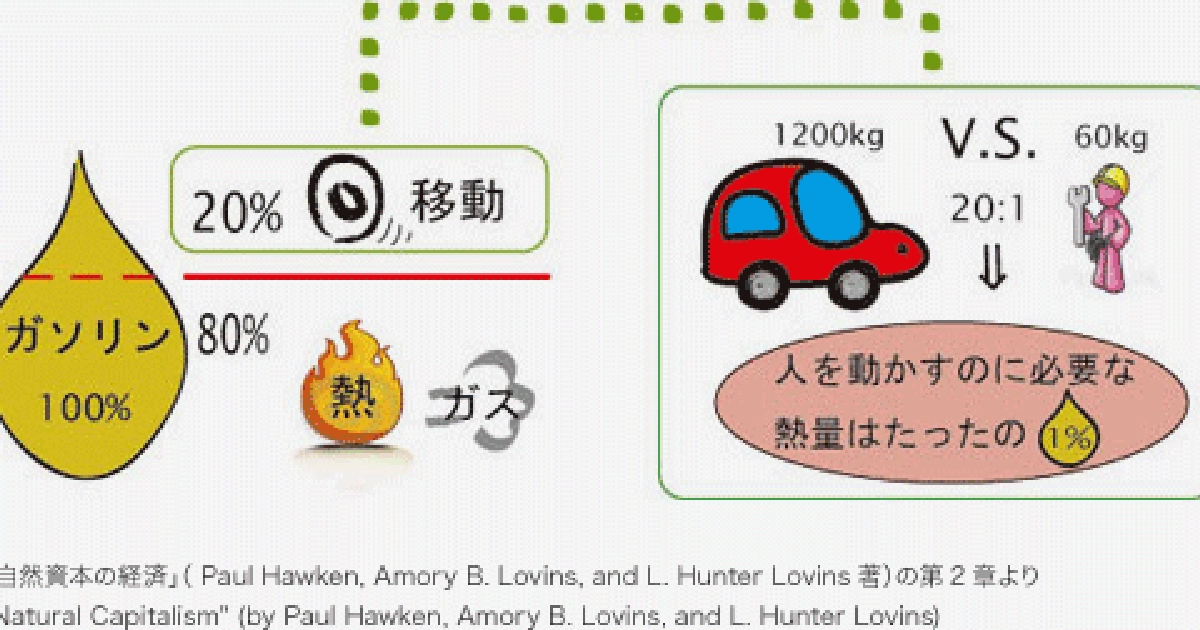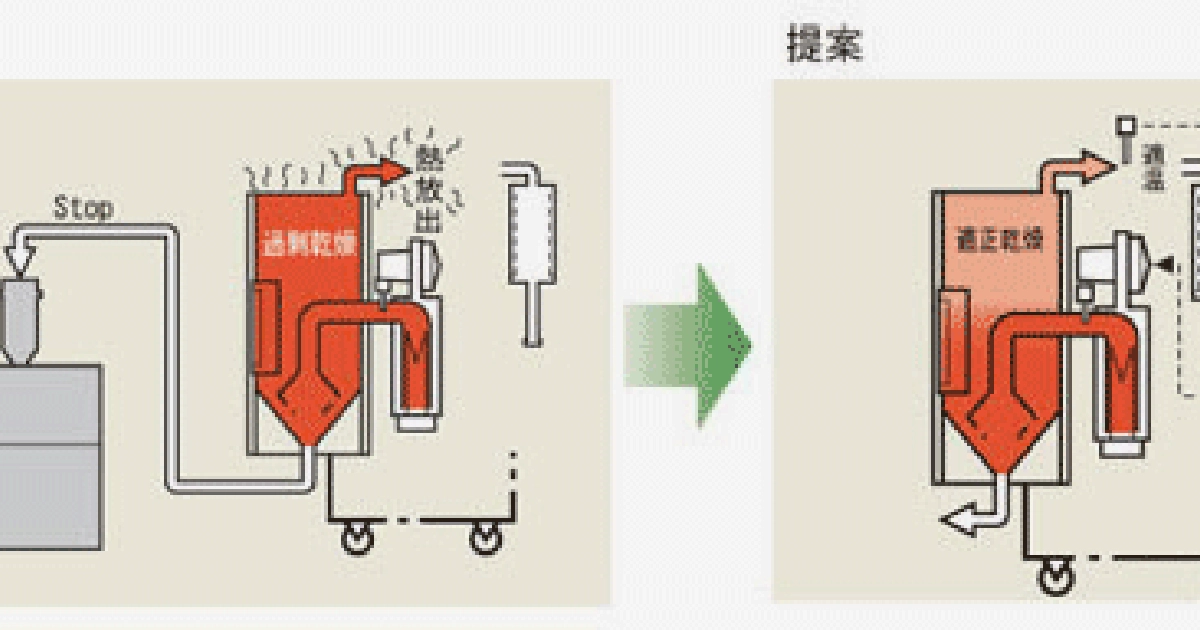Representative's Green Column
6. Insufficient water resources
2008.09.15
"Insufficient energy resources, water and food" "Rapid warming" "Use and disposal of radioactive materials"
In the previous column, we took up "insufficient energy resources, water, and food," "rapid warming," and "use and disposal of radioactive materials" as the three major environmental issues and outlined them.
This time, I would like to write about the "insufficient water resources" in that. Water makes up about 75 percent of the human body in newborns, about 70 percent in children, and about 60-65 percent in adults. Naturally, we humans are indispensable for living. If you don't take a single drop of water, you will usually die in 4-5 days. We are running out of such precious water. In the past, World Bank Deputy Governor Ismail Serrageldin said, "The 20th century was an era of oil wars, but the 21st century will be an era of water wars."
Here are some data on this shortage of water resources.
● Fresh water that can be used by humans is 0.78% of the total water of the earth.
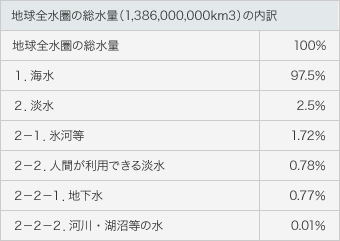
The most accessible water for rivers and lakes is only 0.01% of the total water on the earth!
From UNESCO's “WORLD WATER RESOURCES AT THE BEGINNING OF THE 21ST CENTURY”
● Mankind uses an enormous amount of water, which is about 10% of the total water flowing from rivers to the sea!
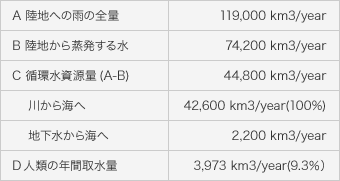
The most accessible water for rivers and lakes is only 0.01% of the total water on the earth!
From UNESCO's "WORLD WATER RESOURCES AT THE BEGINNING OF THE 21ST CENTURY"
● The amount of water required for humankind will increase by more than 30% from 2000 to 2025.
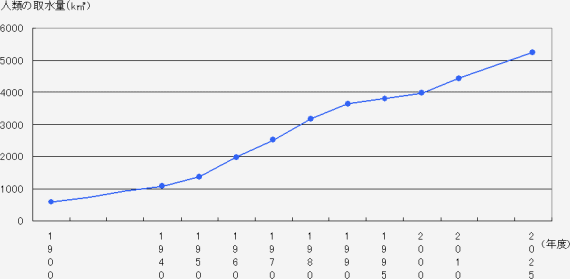
From UNESCO's "WORLD WATER RESOURCES AT THE BEGINNING OF THE 21ST CENTURY"
● It takes 1,300L of water to produce 1kg of wheat and 15,000L of water to produce 1kg of beef.
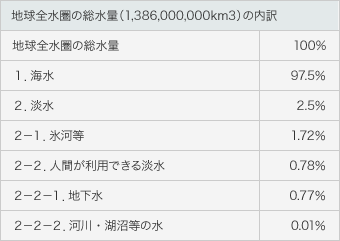
The amount of water needed to produce agricultural products
From Wikipedia
https://en.wikipedia.org/wiki/Virtual_water
● By 2025, 1.8 billion people worldwide will be in serious water shortage!
By 2025, 1.8 billion people worldwide will be severely short of water, and two-thirds of the world's population will be left with insufficient water (high water stress). ..
From data from the Food and Agriculture Organization of the United Nations (FAO)
https://www.fao.org/nr/water/issues/scarcity.html
In any case, isn't water the next thing that humans need next to air to survive?
There is a global shortage of such important resources. It can be said that it is the most environmental problem that affects the life and death of human beings.
In the next column, I'll cover "food shortages."
September 15, 2008 Hironobu Matsui

